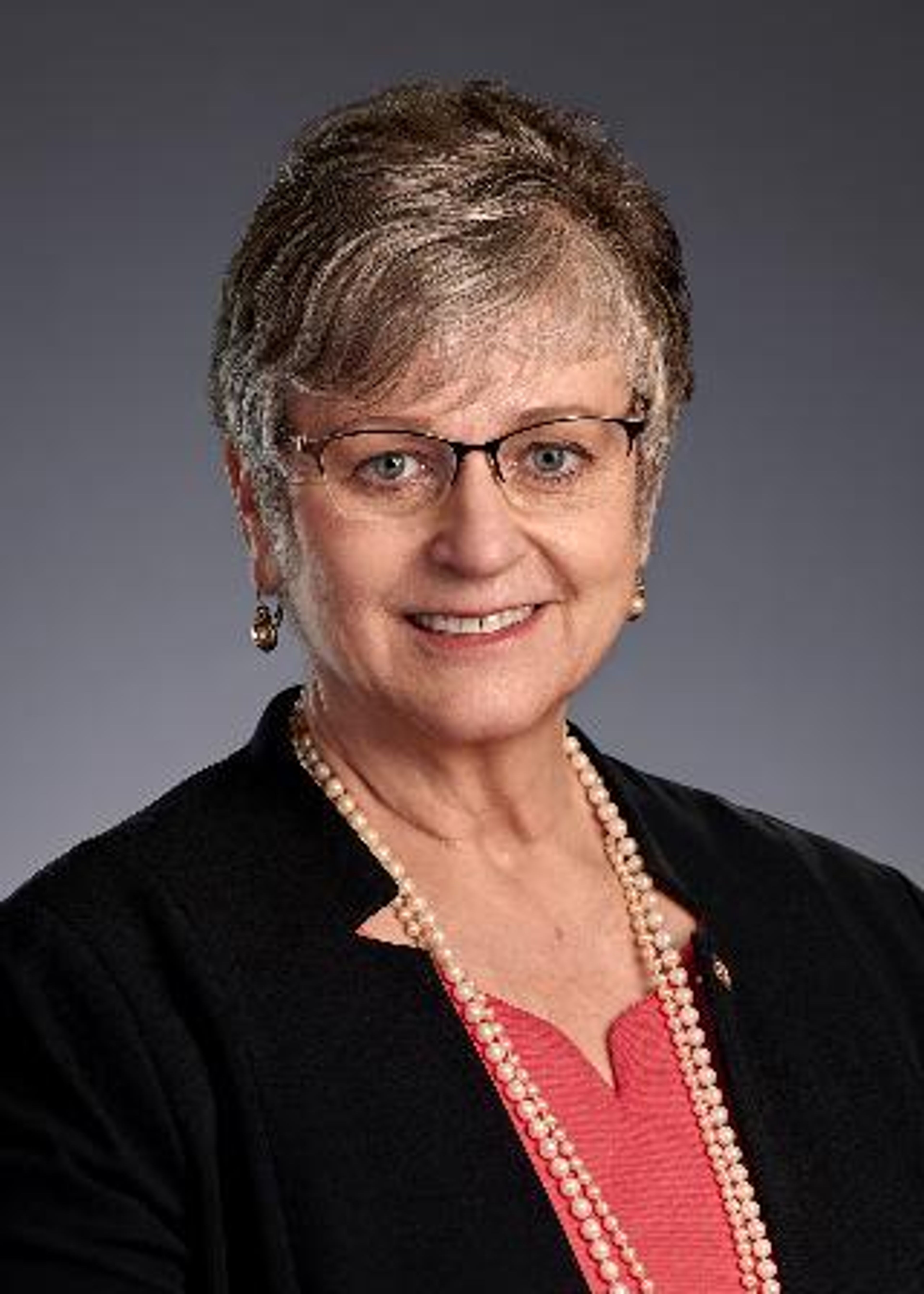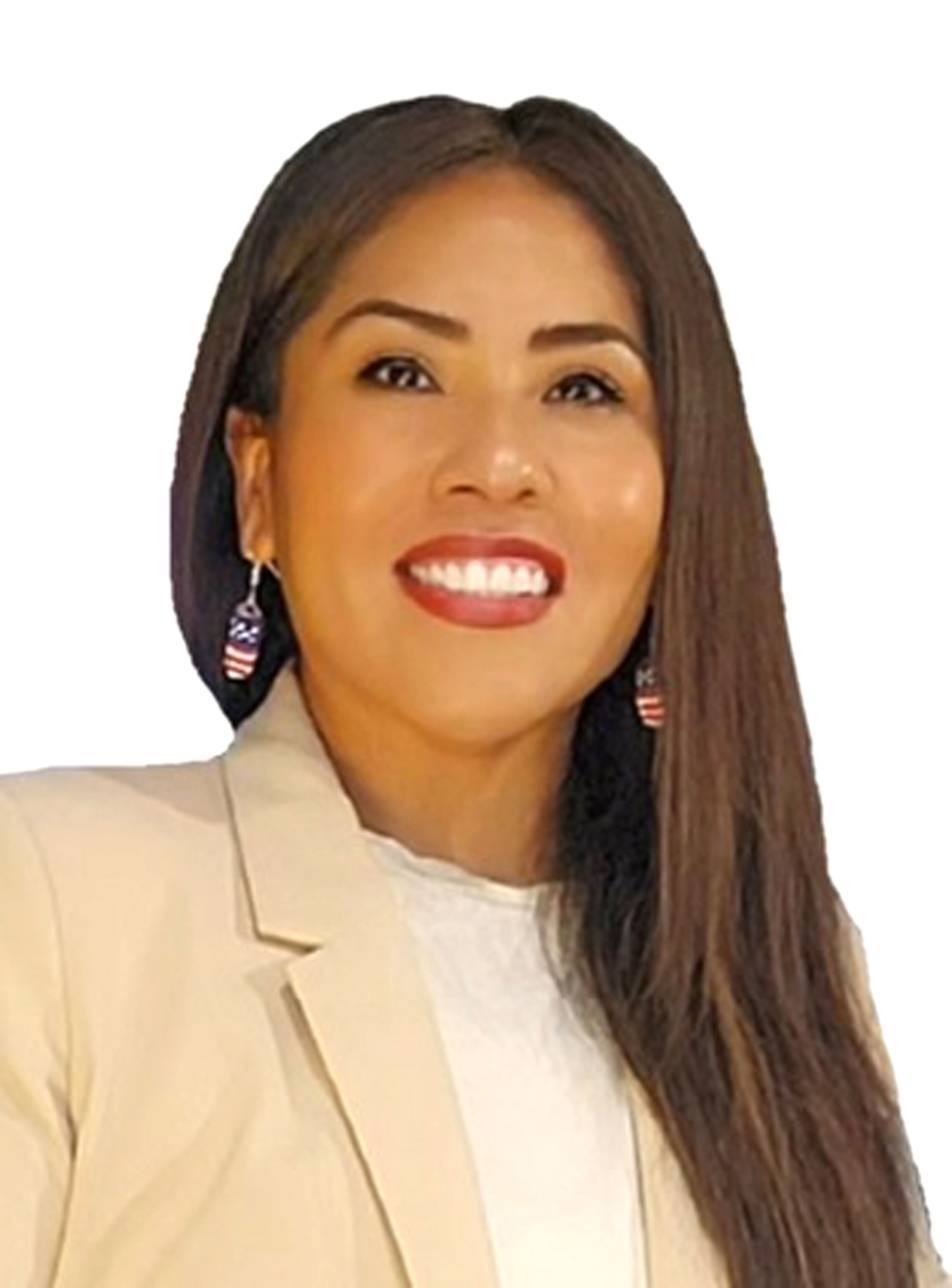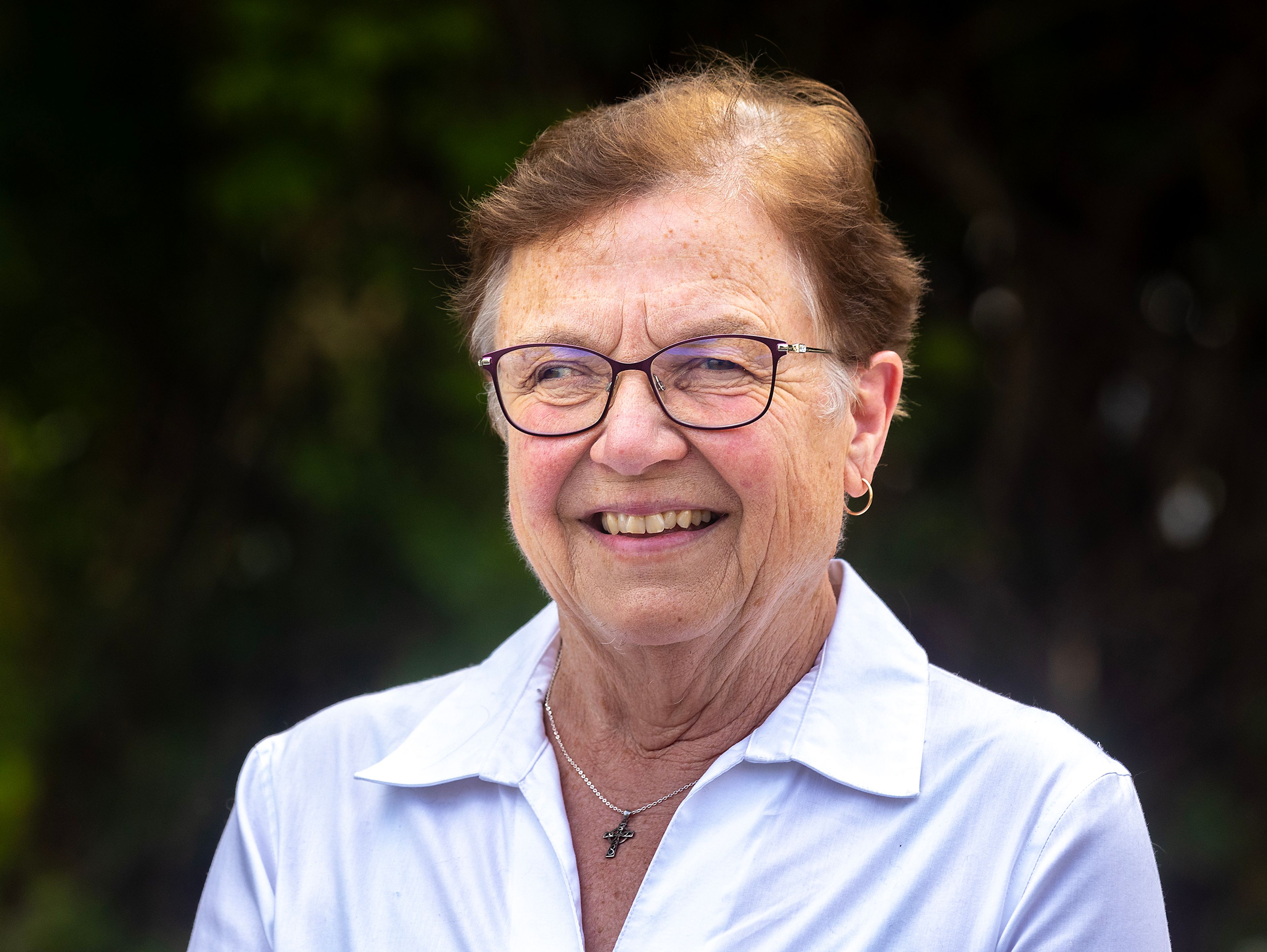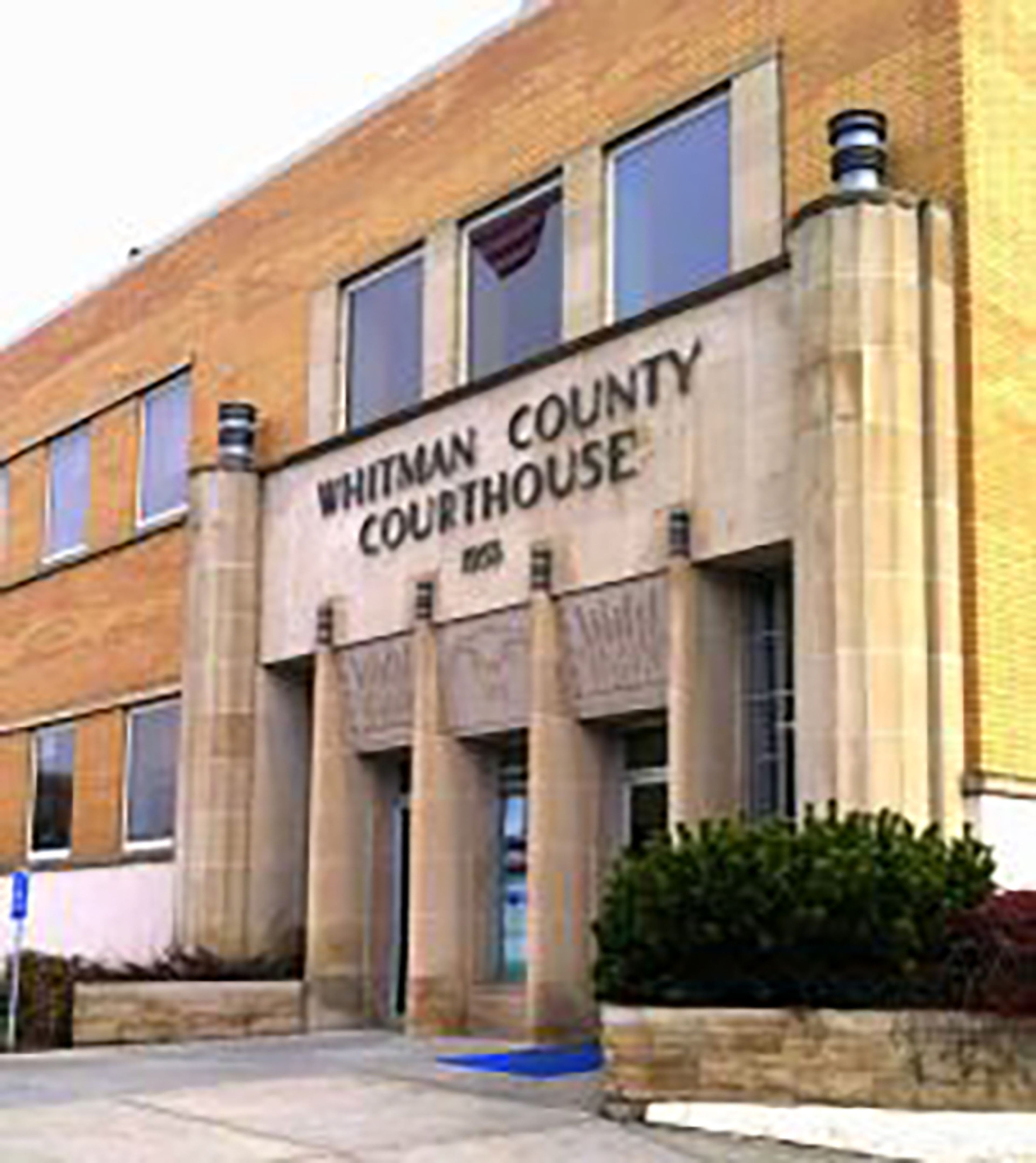McCann, Carter-Goodheart prep for rematch
Lewiston incumbent faces Democratic candidate for Idaho District 6 Seat A
District 6 voters will see a rematch from the 2022 legislative general election on Nov. 5, as incumbent Rep. Lori McCann, R-Lewiston, faces Democrat Trish Carter-Goodheart.
District 6 Seat A in the Idaho House of Representatives covers Latah County and parts of Lewis and Nez Perce counties.
McCann, 63, won her primary contest against challengers Colton Bennett and David Dalby. Carter-Goodheart ran unopposed in the Democratic primary.
If reelected, McCann said she wants to continue to work on property tax relief, public education, and preserving agricultural land.
Lapwai resident Carter-Goodheart, 40, said her priorities include combating climate change, improving services and access for people with disabilities, and public education. She has previously worked as a fundraiser, in construction and as a grant writer. She is a member of the Nez Perce Tribe and serves on the board of the National Indian Child Welfare Association.
“I feel like I will have a strong voice in these areas because I have real-life family and friends that are being impacted, and then myself now being impacted,” Carter-Goodheart said. “So I’m all about creating meaningful change, not only for my community, but for the district and in the entire state of Idaho.”
McCann is a former educator who’s also worked as a paralegal, and has helped run her husband’s law firm and their corporation that consists of cattle ranching, timber and real estate development.
She was first appointed to her position in 2021 by Gov. Brad Little to replace former Lewiston Rep. Aaron von Ehlinger, who resigned after he was accused of sexual assault by a 19-year-old intern. He later was convicted of rape after a 2022 jury trial.
McCann won the 2022 general election by nearly 60% of the vote in 2022.
During this campaign cycle, McCann said she’s been hearing repeatedly from constituents about the burden of property taxes.
“Folks are still hurting,” she said. “Our elderly are hurting, young families are hurting from the economy, and the cost of gasoline, the cost of groceries, everything is making life more difficult.”
She said she wants to focus on a solution that doesn’t shift the burden to agricultural lands, but she noted that homeowners in Idaho now are carrying more than 70% of the total property tax burden. She said the legislation from the past two years aimed at property tax relief has helped, but some of that relief is based on budget surpluses that the state won’t be expecting now that federal pandemic funds are drying up.
Among Carter-Goodheart’s priorities is making more services accessible for people with disabilities. She said this has recently become a focus because of a friend who’s navigating these systems for her son.
One of her ideas is to remove income qualifications for disability assistance and potentially adding a sliding scale based on income.
“Ultimately, what I see it doing is it will reduce poverty traps,” Carter-Goodheart said.
She said she also wants to see more resources put toward improving ADA accessibility to buildings in rural communities.
She also highlighted as a priority sustainable agriculture, by promoting farming methods that reduce reliance on resources and preserve soil health and water quality. She’s also interested in supporting renewable energy.
How to accomplish these goals, she said, will depend on how she can bring together broad agreement among other lawmakers, both in her party and across the aisle.
“I’m more focused on the practicality of it,” she said. “I know that any of these priorities I want to address in the state Legislature will have to come with a strong coalition of support.”
Both candidates emphasized their focus on public education, and state taxpayer dollars staying in public schools. In recent years, there’s been a push to pass legislation that would allow state funds to go toward private school tuition.
McCann said that although she has so far opposed the proposals, she’s open to finding and supporting a bill if there’s enough accountability tied to it.
“If we’re not part of the solution, if we’re just saying ‘no,’ then you never get anywhere,” she said. “If that is something that the state is really going to look at, and we know this session it’s coming back again, then we’re going to have to figure out, how do we make this work for Idaho?”
To support a bill, she would want “accountability and transparency” tied to how the money was spent.
Carter-Goodheart said she has concerns about money going to private schools that can refuse or expel children with disabilities.
“Our public dollars need to stay in public schools,” she said.
McCann’s other priority is expanding career and technical education opportunities in smaller communities.
The incumbent said what sets her apart is her depth of professional and life experience.
Carter-Goodheart said her views on tackling affordable housing and her perception on “diversity, equity and inclusion” (known as DEI) programs differentiate her from her opponent.
“I don’t think DEI is a waste of money,” she said. “It’s that flexibility, that understanding that there are other lived experiences that are just as valuable as my own and we get there by having inclusive schools and having diverse curriculum.”
Despite their differences, both candidates complimented each other.
The Idaho Press previously reported that at an early October forum in Kendrick, District 6 Sen. Dan Foreman allegedly told Carter-Goodheart to “go back” where she came from after a question about racism in Idaho. Multiple people present confirmed this account to the Press, including McCann.
Carter-Goodheart in a news release sent after the forum thanked McCann and other candidates present for their support. Foreman denied the incident happened as reported, and in a social media statement wrote that he had said, “I was born in America, and I am therefore native American.”
Carter-Goodheart has collected $15,488 with just under $13,000 coming from individual donors and $1,320 coming from Idaho Democrat group PACs, according to data from the Secretary of State’s Office. She has spent $3,358.
McCann has amassed $86,405 over this election cycle, including collections toward the primary. More than $25,000 of that total came from individual donors and $38,100 came from company and industry PACs. She has spent $4,800 for the general election period, campaign data shows.
Early voting is available through Nov. 1; Election Day is Nov. 5.
Guido covers Idaho politics for the Lewiston Tribune, Moscow-Pullman Daily News and Idaho Press of Nampa. She may be contacted at lguido@idahopress.com and can be found on Twitter @EyeOnBoiseGuido.









